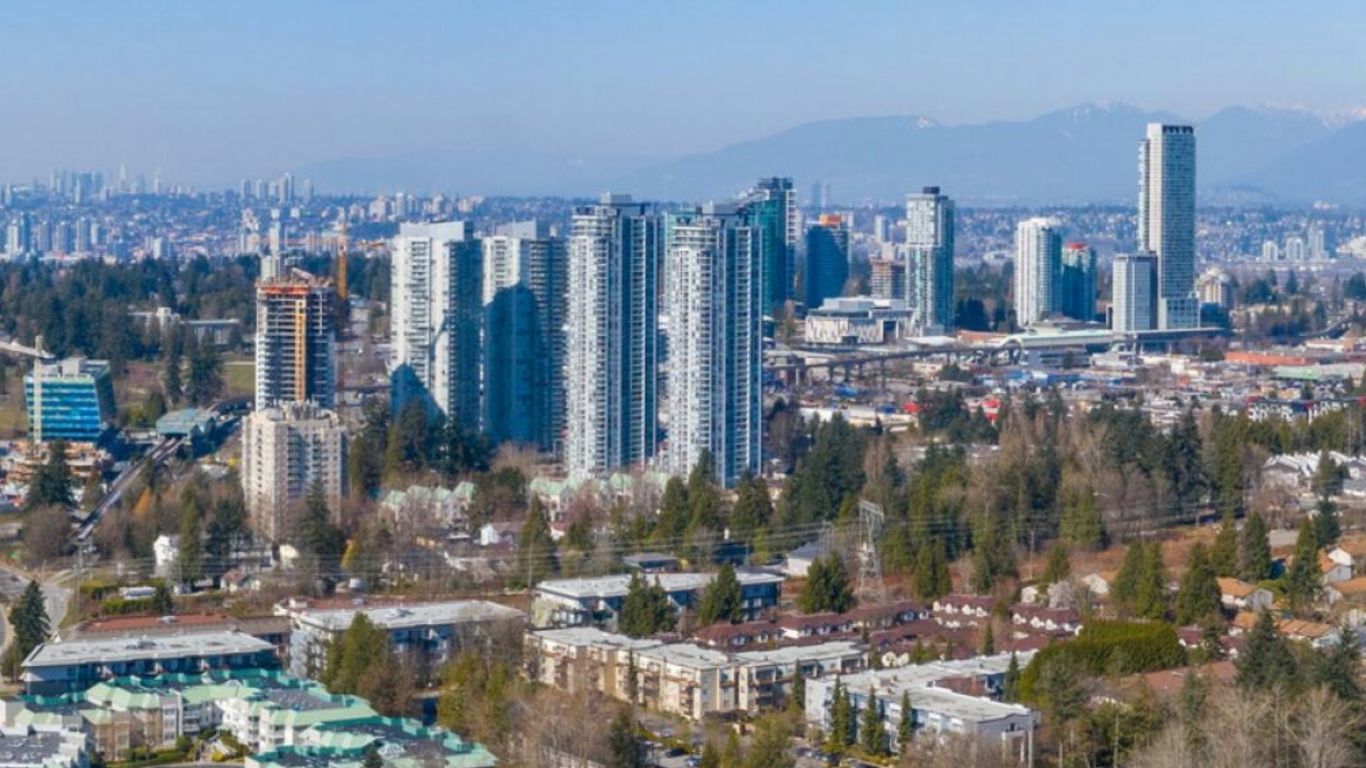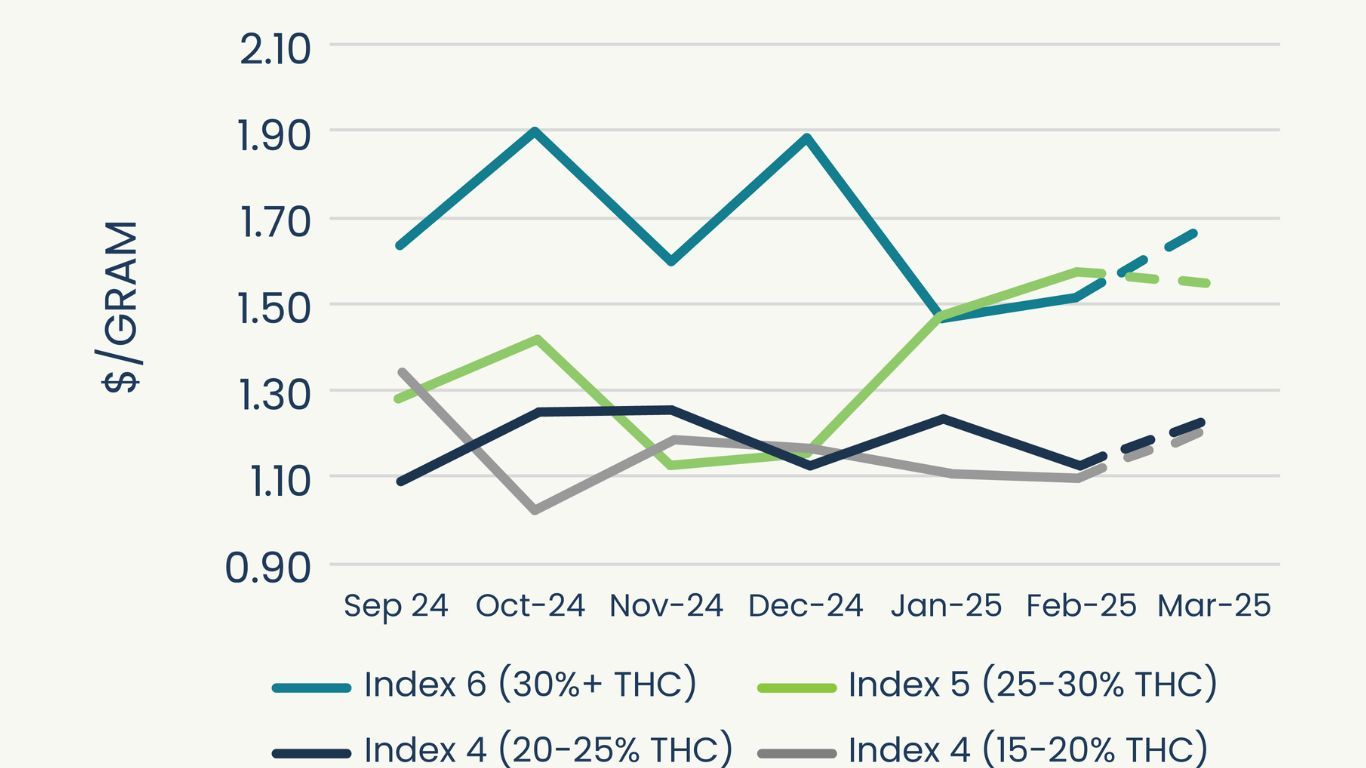
We were keeping busy at Stratcann HQ this week with stories on the evolving situation with “edible extracts”, the Surrey Board of Trade’s push to bring cannabis retail to town, a look into the world of full-spectrum extracts, and the news that Adastra Labs received a licence to produce a small amount of cocaine.
That story spilled out into the general media on Thursday, with outlets like CBC News reporting on the swift reaction from politicians. BC premier David Eby, for one, was upset that the province had not been consulted. Poilievre and Trudeau weighed in as well. The company was then forced to slightly reframe their comments after several reports implied this would translate to sales to the general public.
The story generated a great deal of misinformation, with many believing the company was going to sell cocaine to consumers, forcing Health Canada to clarify the decision on Friday. Obviously, this is not the case: the company is only producing cocaine to be used for scientific research purposes.
A 23 percent boost to revenues wasn’t enough to put the Cronos Group in the black, reports MJ Biz Daily. The producer of brands like Peace Naturals, COVE, and Spinach reported a $78.9 million loss in Q4. Interestingly, the company says they plan on keeping their Ontario “Peace Naturals Campus” in operation, due in large part to the company’s dominance in the edibles category. The company had previously said they intended to begin winding down operations at the facility.
High Times reported on the increasing number of Canadian cannabis consumers who are buying from the legal market based on a study published in the Harm Reduction Journal.
Investigators from the University of Waterloo School of Public Health surveyed more than 15,000 Canadian cannabis consumers about where they obtain their products, evaluating data from 2019 to 2021. The data covers the majority of Canada’s first three years of cannabis legalization, as licensing for retail sales first began in October 2018.
Johannes Wheeldon, a cannabis criminologist with Acadia University in Nova Scotia, will be speaking about Canadian cannabis legalization at the Cal Poly Humboldt Campus in California.
Public alcohol consumption in Edmonton parks is being permanently green-lit after a pilot project last year—but as The Growth Op covered, don’t expect to spark up a joint any time soon: cannabis consumption is still a no-go.
The quirky products available in Quebec’s edibles market (described as “joyless”) continue to be…quirky. This time it’s cannabis-infused beef jerky hitting the shelves, and apparently this is popular, with the producer saying that they “did not anticipate such rapid and tremendous traction,” leading to “some short-term supply issues.”
Quebec City Police this week announced that they were investigating what sounds like a pattern of reports of cannabis poisonings in children.
Even in 2023, NIMBY politics are still blocking retail cannabis shops—this time in Fort McMurray, AB, where members of a local condo association successfully got the town council to block a proposed retail shop. This is an interesting thread to watch: the condo board took the line that dispensaries attract crime, although dispensaries are overwhelmingly the victims of crime, as Alberta’s move to kill window-covering regulations shows.
No longer with his nephews at Canopy, Snoop Dogg recently announced he is now partnering with Canadian cannabis company Atlas Global Brands.
StratCann is also following a controversial story coming out of Jamaica about reports of a Canadian company that was authorized to sell cannabis into the country. Although details are still emerging, the controversy appears to have started when Rear Admiral Hardley Lewin, the president of the Jamaica Cannabis License Authority (CLA), shared with the Jamaica Cannabis Industry Forum’s WhatsApp group that the CLA had issued an import licence to a Canadian cannabis company.
“I learnt and later confirmed that the CLA Board has approved the importation of ganja into Jamaica from Canada. A licensed (sic) applied for and was granted the necessary permits. I will not fault the licensee, but I find it disturbing and indeed scandalous that we could allow imports from a state to which we cannot export,” Lewin wrote. Canada only allows imports of cannabis for very limited medical and research purposes, and only from companies able to adhere to very strict testing standards. The Cannabis Licensing Authority says it is unaware of any restrictions on the importation of Jamaican cannabis into Canada.
We haven’t been able to find any details on which Canadian company shipped the product, but we have requested comments from several officials in the country. One report from Jamaica’s Industry and Commerce Minister Aubyn Hill says the order is for 260 pounds of cannabis (or 140 kg, depending on the report) and includes about a half dozen cultivars. We hope to have more on this story next week.
And finally, for some across-the-pond news, we go to the Netherlands, where the famous Dutch coffee shops are (some may say finally) getting the green light to buy regulated cannabis to sell to patrons. It’s a pilot program, a few years in the works, that will initially start in the smaller cities of Tilburg and Breda rather than going right into the famous Amsterdam red light district (StratCann reported on this program in January).











